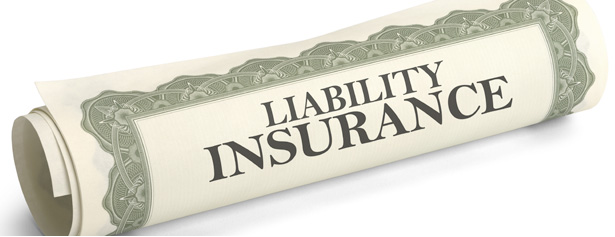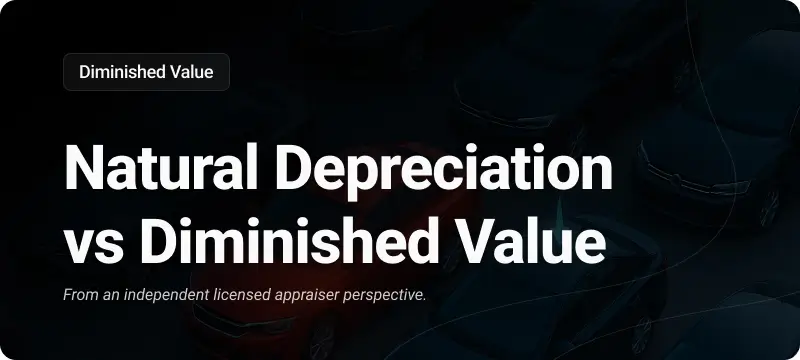
| Advertising injury | Injury arising out of slander, libel, disparagement, violation of a person’s right to privacy, misappropriation of advertising ideas or style of doing business, or infringement of copyright, tile, or slogan. |
| Aggregates | Collect or gather into a mass, whole, or total. Related to insurance limits. |
| Aircraft, Watercraft, and Autos | There is no coverage for injury arising out of the ownership, maintenance, use, loading and unloading, or entrustment of this equipment whether the named insured owns, operates, rents, or loans it. |
| Audit | A formal examination of an organizations’ or individual’s accounts or financial situation. |
| Bodily injury | Bodily harm, sustained sickness or disease, and resulting death. |
| Business Liability | Business liability arises in six different exposures or business functions i.e. premises exposure, products exposure etc. |
| Civil Liability | The same as tort liability. |
| Claims | made form of coverage – A policy that covers claims first made during the term of the policy. Injury or damage must occur after the retroactive date and before policy termination. |
| Contractual Liability | Assumed under a contract or agreement. A breach of a contract could impose responsibility for damages upon the entity. |
| Coverage territory | The U.S. or Canada, international waters or airspace unless the accident did not occur in the course of travel or transportation to or form any place not included in coverage territory, thus locations abroad and their products sold abroad are not covered. |
| Criminal Liability | Responsibility imposed from acts deemed harmful to public welfare. Criminal acts are not usually covered by liability insurance because they are against public policy. |
| Deductible | The out of pocket expense that must be paid to the insurance carrier before they will pay on any covered claims. Often $1000 or more. Once a deductible has been met, the insurance pays the rest of the claim within limits. Raising deductibles will lower insurance premium..Property Damage loss may be paid to the other party, then the deductible reimbursed by the insured organization. |
| Disability | Is defined in four ways: • Temporary total disability is when the worker is unable to work at all for a period of time, but recovery is expected. • Temporary partial disability is when the employee cannot perform some of his/her daily job for a period of time, but recovery is expected • Permanent partial disability in when the employee cannot perform his/her job at full capacity and recovery is not expected. An example would be loss of a limb. • Permanent total disability is when the employee is regarded as permanently unable to perform a job. |
| Endorsements | An endorsement is a provision added to an insurance contract altering its scope or application. Endorsements serve several purposes in insurance: • To expand coverage • To restrict coverage • To clarify coverage • These purposes are state-specific |
| Impaired property | Tangible property that has not been physically injured but may contain a defect, deficiency, inadequacy, or dangerous condition. Impaired property is not covered under the policy. |
| Intentional Torts | An intentional act in violation of the law. |
| Liability Insurance | Liability insurance is purchased by organizations to combat their risk for having to give legal awards as a result of negligence, products liability, absolute liability, or other liabilities. |
| Liquor Liability | Reduces your company’s exposure to criminal beverage and civil litigation, but protects your establishment, staff, and customers while increasing your profits. Serving alcohol to a minor is one example of liability. This applies to the named insured in the business of manufacturing, distributing, selling, serving, or furnishing alcoholic beverages. |
| Named insured | The primary person listed on the insurance policy. |
| Negligence | Occurs when the defendant did not behave as an ordinary, responsible, prudent person would have in the same situation. To prove negligence the plaintiff must show four elements: • The plaintiff was owed a legal duty by the Defendant • A breach or breaking of a right of the legal duty occurred • The breach resulted in injury or damages • The breach was the proximate cause of loss |
| Occurrence | An accident, including continuous or repeated exposure to substantially the same general harmful conditions. |
| Occurrence form of coverage | Injury or damage must take place during the policy period and if it does, the claim can be made during any subsequent policy period limited only by the “statute of limitations.” |
| Penal statute | Law used in place of confinement and punishment. |
| Personal injury | Injury other than bodily injury arising out of false arrest, false detention or imprisonment, malicious prosecution, wrongful eviction from or entry of private property, slander, libel, disparagement, or violation of a person’s right of privacy. |
| Policy limits | Represent the maximum payment TOTAL amount of losses during the policy period. |
| Policy period | The amount of time the insurance policy covers an organization. Incidents occurring before or after the policy period are not covered. This time frame is agreed upon in the policy, and usually lasts one-year. |
| Pollution | There is no coverage for any costs to clean up pollutants under any circumstance. |
| Premium | The amount of money an organization pays to the insurer to have insurance for their business. Premiums are usually paid monthly or yearly. |
| Products | completed operations hazard – All bodily injury and property damage occurring away from premises the named insured owns or rents arising out of his/her product or his/her work. Work must be completed. |
| Property damage | Physical injury or loss of use to tangible property. |
| Retroactive date | The date given in the policy that designates when the insurer must pay damages after. A policy with a retroactive date usually does not cover acts occurring before the retroactive date. |
| Sources of Liability | Sources of liability include civil and criminal liabilities. |
| Strict Liability | Usually thought of as “liability without fault.” Public policy requires that the manufacturer of any product be held responsible for all injury or damage it produces. All entities involved in manufacturing and selling the product are liable. |
| Tort Liability | Tort liability occurs when the rights of an ordinary citizen are violated. This may arise out of a) negligence, b) intentional torts, c) strict liability, or d) contractual liability. |
| Vocational rehabilitation | Of, relating to, or being in training in a skill or trade to be pursued as a career. When a worker is hurt on the job, new training may be required to keep the employee working on old or new jobs. |
| Workers’ Compensation | Payments given to employees when an accident occurs under the Disability Benefits or Unemployment Compensation law. |



